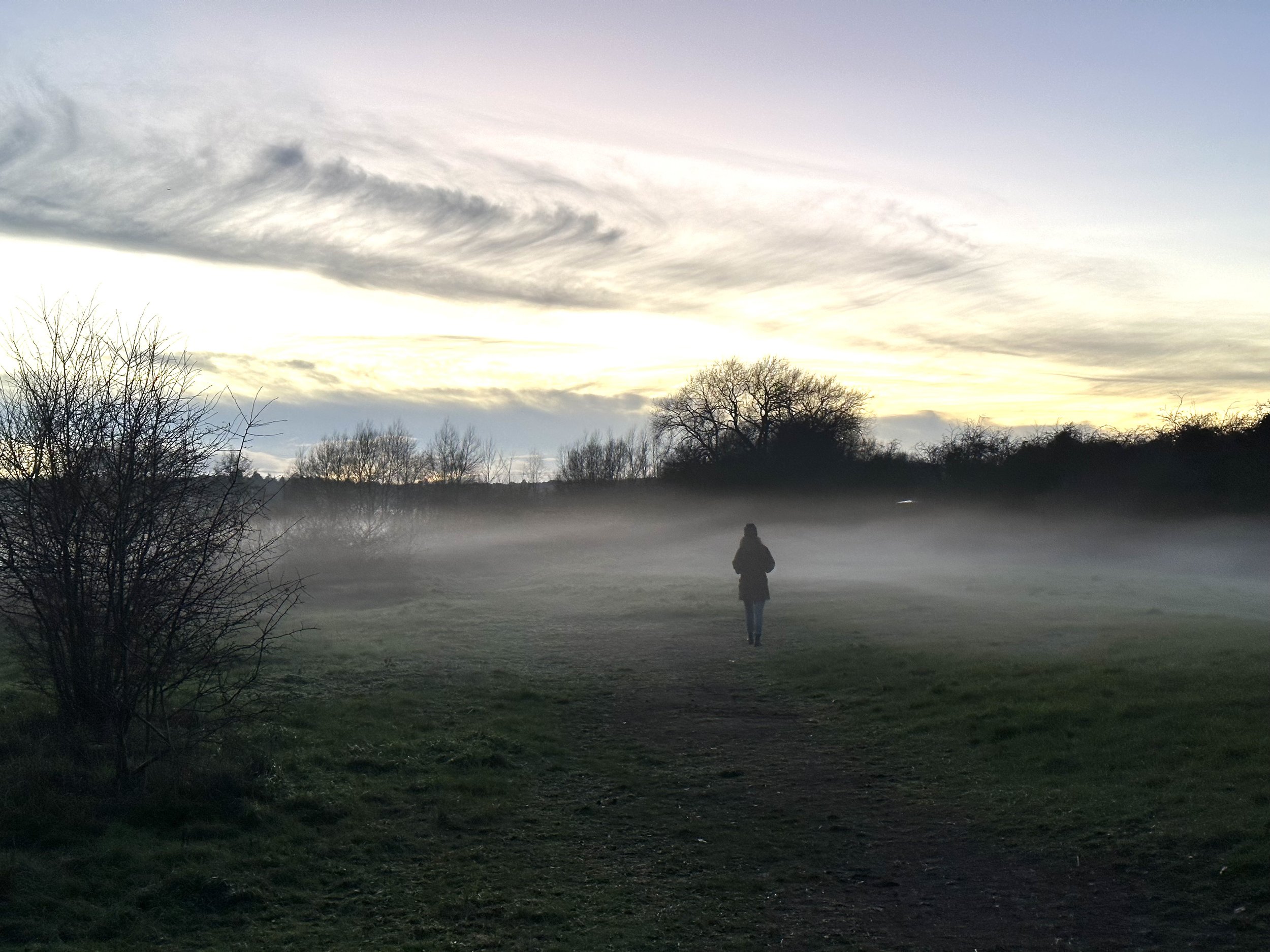The Harvest of This Haggard Year
I don’t know how it happened, but somehow I have become a certain kind of old lady I remember from my childhood. My eyeglasses are perennially askew and smudged, and my pockets are stuffed with crumpled tissues that are slightly stained with lipstick and spit, and there are loose hard candies at the bottom of my bag, as well as an old tangerine and a half slice of leftover toast. The latter is quite unappealing, but you never know. Ladies like me carry snacks, even when pickings are slim.
When I face the bathroom mirror in the morning, I notice that the cheek that was resting on the pillow all night has what my friend Dorothy calls “plaid wrinkles” and they don’t just go away. But a little blush, a little brush, and a pluck of a wiry white eyebrow hair, and I’m good enough.
I kiss my grandson’s head, enjoying the smell of it, and I call him names like sweetheart, and refer to myself in the third person, such as “Nonna loves you sooo much.”
And I’m frankly tired of hearing myself marvel at how sudden and surprising these transformations are, but it does seem to me that I went abruptly from being young and fierce and fully engaged in the intensity of everything to being this benign and funny older lady, on the cusp of fading away. I’m not complaining. It’s what one hopes for—isn’t it?—and I’m lucky to be here.
This morning, Felix held an unpeeled banana above the table like an arch and pointed out that it was shaped like a rainbow, but it could also be a bridge. Isn’t that the beginning of poetry? Isn’t that fulfillment of a dream?
This business of my only daughter and grandchild living 5,000 miles away can be difficult at times, and I don’t think it’s going to get any easier. It’s hard to accept the choices our children make, especially when they choose to relocate to another country, so far away. But what I want to focus on is how much I am adapting and learning, and most of all, how grateful I feel that I have the means and mobility to come here for visits.
Last night, when I couldn’t sleep, I checked my phone and found this helpful message from my dear friend Jan, a quote attributed to Mother Teresa:
You will teach them to fly, but they will not fly your flight. You will teach them to dream, but they will not dream your dream. You will teach them to live, but they will not live your life. Nevertheless, in every flight, in every life, in every dream, the print of the way you taught them will remain.
There was comfort in that. But even apart from my personal situation, it’s been a hard year. Who among us hasn’t been feeling the grief and trauma in one way or another? In how many ways has the pandemic changed us, for example? An article in The Atlantic features a historian named Adam Tooze who informs us that America and the world are in the midst of what he calls a polycrisis. The forces of central-bank tightening, war, inflation, and climate change are reinforcing one another, the article explains, and all of it seems to be worsening. Thanks, I guess. This was not a good choice for bedtime reading.
It made me think of these lines from a poem by Edna St. Vincent Millay, written in 1950, shortly before her death:
Hard, hard it is, this anxious autumn,
To lift the heavy mind from its dark forebodings
We yearn toward the blue sky as toward the healing of all our ills.
It’s such a familiar and currently pervasive feeling—yearning and foreboding.
But we’ve been here before, or someplace like it.
In fact, the poem concludes:
God bless the harvest of this haggard year;
Let us give thanks for the courage that was always ours;
Strength we have, and an acetylene will;
From the apprehensive present, from a future packed
With unknown dangers, monstrous, terrible and new—
Let us turn for comfort to this simple fact:
We have been here before and together we will come through.
It has been a season not so much of joy as of trying, a mighty determined effort. I can sense it wherever I have wandered. Going through the motions, enacting the rituals, hanging on…trying. The essayist Rebecca Solnit, whom I very often quote, has written that “hope is a gift you don’t have to surrender, a power you don’t have to give away.” Let’s not.
There’s holiday magic back home in California now. The big toyon in front of Nancy’s house is adorned with shiny red berries, there is rainwater in the sandstone pools, and there are low tides and starry skies. I don’t have to be there to see it in my mind. I’m pretty sure my daughter can picture it too, and misses it.
But here in England, the same crescent moon is suspended above the houses. There’s a chicken roasting in the oven, and the windows are steamy, and a little boy has built a tower of Legos taller than he is. And now the white-haired Nonna that is me hears church bells in the distance and watches how the light gilds the stones of a very old cottage, and she finds an errant peppermint at the bottom of her bag and it’s sweet.
